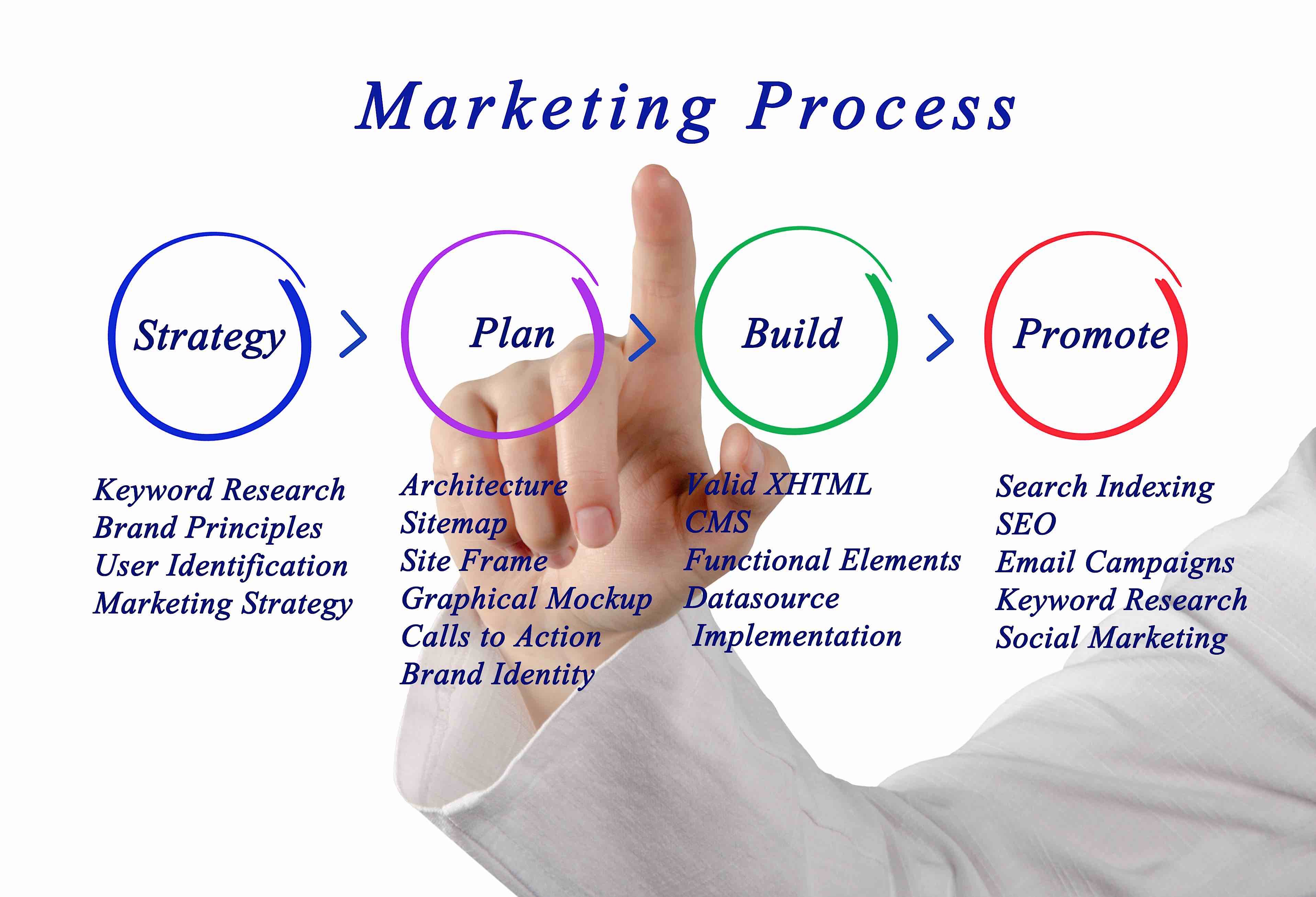With technology taking over the businesses world, if you want your business to flourish, you better hop on the bandwagon. Whether this means revamping your current website or creating new social media accounts, you and your business will benefit from an update.
It is safe to say that most everyone has at least heard of SEO, but that doesn’t necessarily mean people truly understand what it entails, or even how to use it. However, my partners over at CT Homes and I want your business to stand out – especially since there are so many different avenues in the real estate industry – so we’ve created what we hope will be your go-to reference for all things SEO.
WHAT Is SEO?

SEO stands for search engine optimization. It is an internal process that affects the visibility of a website in a search engine’s unpaid or “organic” results. The way you utilize and employ various SEO techniques
will influence whether your site is located on the top of Google’s page one or the bottom of Bing’s page five. There are technical and creative aspects to SEO, but it all boils down to the ways you can improve your business site’s ranking, traffic, and awareness across all search engines. When your site appears earlier and regularly in a search results list, it will receive more visitors, and therefore the more potential leads you will acquire. Just remember not to focus so hard on SEO strategies that you forget about user experience; the two go hand and hand.
WHY Does My Real Estate Business Need SEO?

The real question here should be why wouldn’t my business need SEO. According to the National Association of Realtors, real estate related searches are increasing 22% year-over-year and 90% of homebuyers searched online during their home buying process in 2015. Google accounts for 80% of web traffic – followed by Yahoo and Bing – so in an effort to simplify things, I will use Google as my primary reference for all search engines. It is not an exaggeration to say that Google monitors everything, which includes whether or not the people who visit your site are just browsing or actually participating. How long do they stay on your page? Are they scrolling through all your content? Do they follow your suggested links? Are they subscribers? The list is endless. Google is unique, however, because it yields targeted traffic, which brings in an audience of people looking for exactly what your business offers. So if Google is unable to find your site to index in its database, you are missing out on the opportunity for prospective clients. Without SEO, your site is essentially invisible to search engines. There is no reason not to invest in it. If you do it yourself, it is a free marketing campaign that will bring you quality leads on a consistent basis.
HOW Can I Execute Successful SEO Strategies?

There are multiple ways to implement SEO. You can create higher quality content, link build, or restructure your site in a way that search engines better understand your text. You can also edit the HTML and associated coding of your current site to increase the relevance of specific keywords. Getting listed in real estate agent directories is another great way to help your SEO. Those sites already have high traffic, so if they allow you to include your various links, you’ll be on the way to increased exposure. Lastly, If you are technically savvy, try taking your site mobile. Eighty-nine percent of new home shoppers use a mobile search engine at the onset and throughout their research, and the next Google algorithm update is going to heavily value mobile-friendly sites. Now to get into the specifics:
If you don’t already, you should consider adding relevant and valuable blog content to your site. Google places a fairly high importance on quality content – with backlinks and social shares to back it up of course. So if you have several key properties you are pushing to sell, curate a post that sells the unique aspects of the home. Blogs also allow the option for people to add comments – if you should choose – which could be beneficial to you because people value and trust reviews from their friends and those in their same situations. Be sure to include the property’s address in the post, which will act as the “keyword” throughout. If possible, try to average a minimum of 450 words per post because Google Panda – Google’s current ranking algorithm – penalizes what they consider low quality content. For best results, include the “keyword” in:
- The Meta Description
- Title Tag
- ALT Tag On Photos
- File Name On Photos
- The Actual Content
Finding the right keywords might be challenging at first, but with a little bit of research, you’ll be optimizing your way to the top in no time.
Another smart move is to take advantage of photos and videos. As a real estate agent, it is safe to assume you probably have a bank of photos saved from all of your previous listings. Homebuyers appreciate video tours and high caliber images, and fortunately, so does Google. A case study conducted by Realtor.com found that listings with professional photography sold 50% faster and 39% closer to the original listing price than similar homes without photos. Google appreciates and prefers content variety, so the more images and videos your site has, the higher it will be ranked.
Social media is another driving force in the business world, and another great way to generate leads and improve SEO. Because Google likes content diversity, creating Twitter, Facebook, and Instagram accounts for your sites will also help you rank. Social media accounts are just additional platforms for you to utilize keywords and links. Use your social accounts strategically and consider employing pertinent hashtags like #realestate or #listing. Note – If you can find hashtags that are still applicable but less broad, your accounts are more likely to be seen. Ultimately, social media’s primary purpose is to help improve your client relationships, which the real estate industry is all about.
You might also want to consider creating local market pages and posts. Focusing on a specific market’s data is another way to narrow search results. Sixty-nine percent of homebuyers who use Google to shop for their next home begin their research with a local term, i.e. “Houston homes for sale.” If you cater individual blog pieces or social media posts to a local market, it will have a greater chance of being seen by relevant leads.
Finally, implement a metric tracking system to analyze what content across your sites performs the best. Do people favor your blog content that it is more data driven or subjective? Are people favoriting your tweets that include links or images? Which posts on Instagram receive more likes, pictures of deals you completed or pictures of your current listings? Whatever the answers may be, they will give you an overall idea of how well you are doing across the web, and what you should be doing more of. It is also smart to update and refresh those links that achieved the best results. If you published a blog post three years ago about the hottest kitchen trends and it received a lot of acclaim, instead of creating a new similar post, it is more beneficial to go back and revitalize the original post. Google will then view it as an “active” page, and therefore rank it higher.
If this is not enough to motivate you to start utilizing SEO strategies for your business, just look at the number of businesses who are thriving – I can guarantee they incorporate SEO management into their daily schedule. While SEO might seem intimidating at first, with research and practice, you will become a pro. And when you start reaping the rewards, it will all be worth it.
